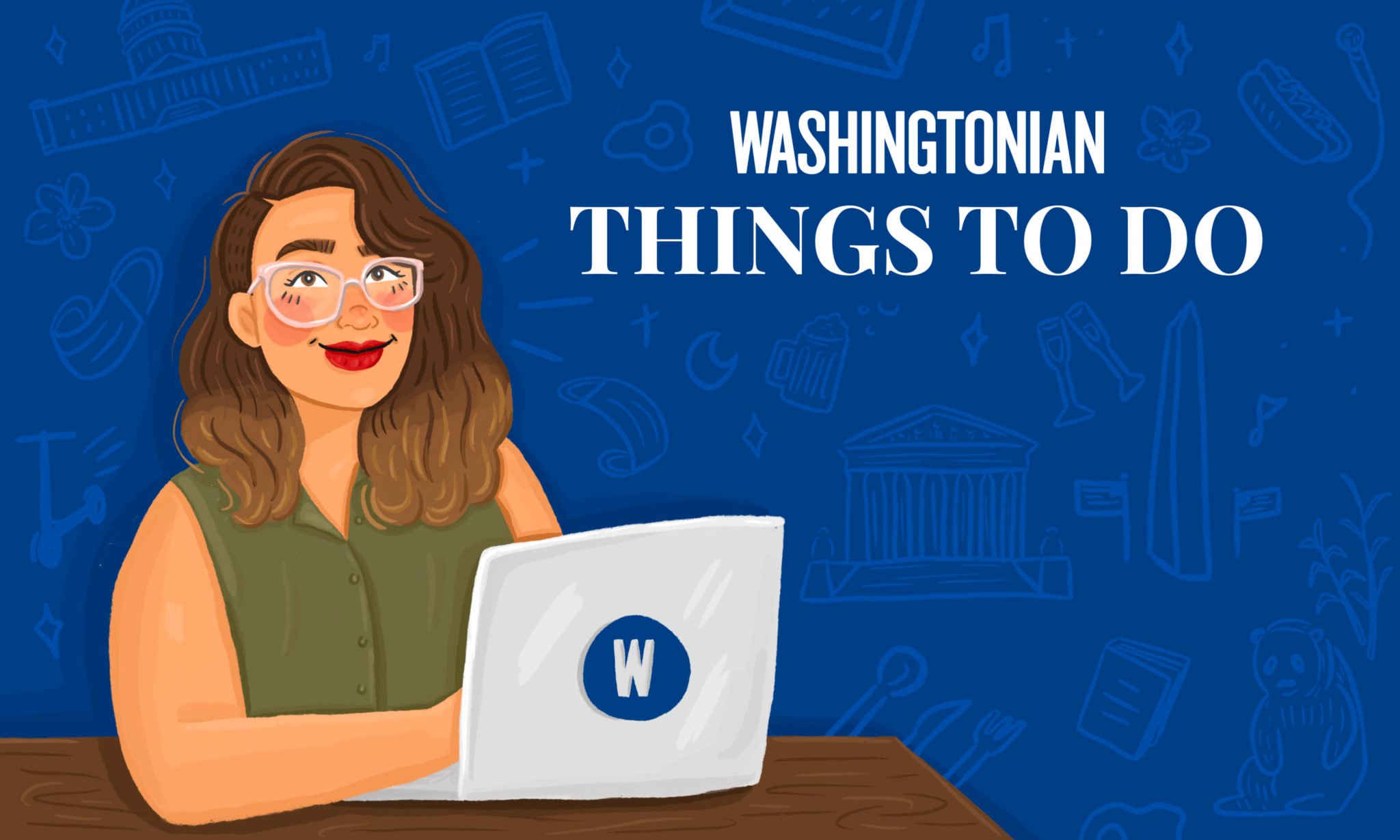Hi folks!
We’ve got Billie Holiday, Ta-Nehisi Coates, and a talk about coral sex.
Here’s what you should check out this week:
Lady Day: The United States vs. Billie Holiday looks at the legendary blues singer’s fight to sing “Strange Fruit.” The song’s painful and powerful response to lynching was so controversial that the government, particularly the Federal Bureau of Narcotics, harrassed Holiday to silence her from performing it. The new film, which comes out on Hulu on February 26, was written by renowned playwright Suzan-Lori Parks and directed by Lee Daniels (Precious, The Butler). Both Parks and Daniels will join a virtual panel discussion about Holiday and the film hosted by the National Museum of African American History & Culture. Monday 2/22 at 7 PM; Free, register here.
A presidential celebration: Mount Vernon is virtually toasting to George Washington’s 289th birthday (it was technically February 15). There will be birthday wishes and performances with special guests including violinist Joshua Bell, opera singer Denyce Graves, Juanes, author Rick Atkinson, and more. Monday 2/22 at 7 PM; $5 (minimum donation), buy tickets here.
Ewww, tell me more: Meet Jennifer Sneed, a scientist who “regularly finds herself swimming through a dark soup of coral eggs and sperm,” according to the Smithsonian. A marine microbial chemical ecologist in Florida, Sneed will talk about her life choices in “Microbes, Chemistry and Coral Sex,” a webinar out of the Smithsonian Marine Station. Wednesday 2/24 at 11AM; Free, register here.
Downtown history: The Trust for the National Mall is kicking off a new talk series, starting with “A Monumental Conversation: The Influence of African Americans on the National Mall.” Sheila C. Johnson, vice chair of the organization, and Harry Johnson, who runs the MLK Jr. Memorial Foundation, will chat about the crucial ways that African Americans contributed to the creation of the National Mall. Wednesday 2/24 at 5 PM; Free, register here.
Getting personal: In The Beautiful Struggle, Ta-Nehisi Coates wrote about his upbringing in Baltimore during the ’80s as the son of a Black Panther and Vietnam veteran. Coates is releasing a young adult edition of his memoir, which he’ll discuss with YA novelist Nic Stone in a virtual book talk from Politics and Prose. Wednesday 2/24 at 7 PM; $5-$25, buy tickets here.
Discovering our city:
Do you have a favorite detail from your research?
Duke Ellington, who grew up on T Street within the U Street corridor—I don’t know why this is such a fun fact to me, maybe no one cares [laughs]—but when he was growing up, over the summer he actually sold ice cream at Griffith Stadium. To me, it just continues to show the people that we see as celebrities and notables and history-makers still had a normal life outside of making history. Like, he’s just a normal kid selling ice cream down the street and then we’re still talking about his music in 2021.
What do you think of the resurging popularity of efforts to support Black-owned businesses as part of a greater Buy Black movement? It’s kind of recreating what was ingrained on U Street decades ago.
It’s a good thing that people are being woke, if you will. “Don’t Buy Where You Can’t Work” was something that the New Negro Alliance started on U Street in the 1930s because they got fed up with patronizing different stores, markets, clothing stores that wouldn’t hire people of color. They started this movement, literally—now we see fast forward in 2020, 2021 where we now have places like Facebook telling us where Black businesses are. I think it’s really full circle. That’s something that Alliance did: They printed out a pamphlet of all the Black businesses in the area so that people could go and literally buy Black. Now, decades later, you see this happening again; it shows that the history is not lost, we can save it, and there’s still hope for revival. We did this before and it was successful, let’s try this again.
Before the pandemic, U Street was still a super popular nightlife hangout. You’ve had late nights there. After exploring the buzzing dance and music scene on the historic Black Broadway, what’s the comparison?
I can remember my times on U Street, of course not anytime recently, for multiple reasons. I can think of a specific instance when I was leaving Marvins and in the middle of the street—I’m not lying to you—there was a flash mob. People are breaking out dancing, having a good time, there’s somebody playing drums on the sidewalk and it was just like oh my goodness, is this actually happening? It wasn’t choreographed or anything, it was just like one big party broke out out of nowhere. When I’m thumbing through and researching when people tell me how big of a nighttime scene Black Broadway was—when I think back to those memories and my memories, I’m like yeah the rhythm is still definitely there. Everybody has at least one moment on U Street where you felt happy, where you felt joyful, where you felt free. Everybody just wants to have a good time, we want to have fun, we want to dance the night away—it’s just freedom, free to be whoever you want to be.
Read the full interview here. You can hear from Thomas at an upcoming Politics and Prose event on March 1.
Thanks for reading! Tell me what you’re up to at home by dropping me a line at rcartagena@washingtonian.com.













